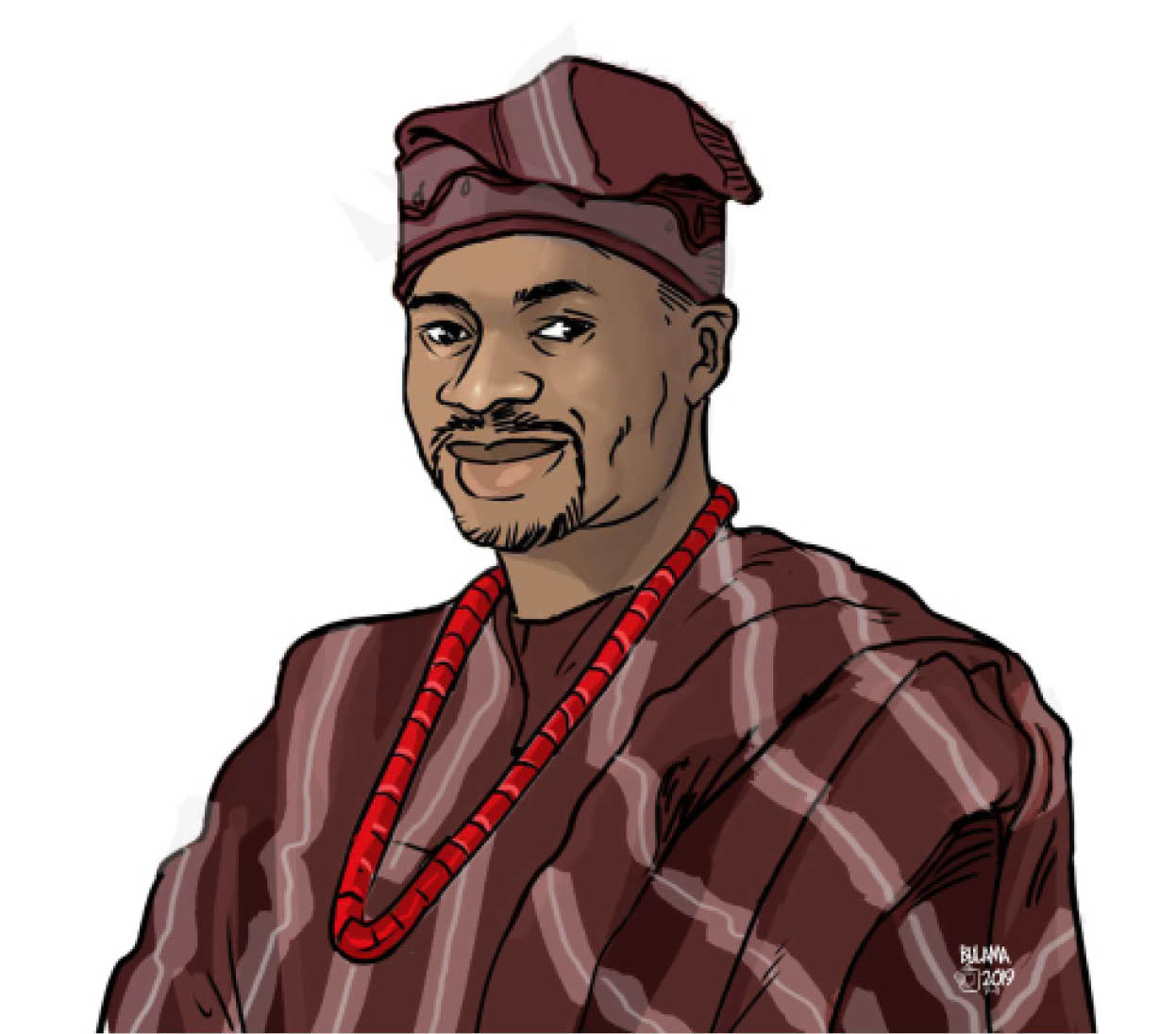Why are our traditional attires not acceptable as corporate wear?
Apart from adopting the language of our colonizers, Africans cannot defend why they also lost their culture and traditions to the West. Corporate wear or formal dressing to the western world comprises of wearing shirt, trousers, tie and suit, and for the ladies, a well-cut skirt or trouser suit in modest and neutral colours with […]

Apart from adopting the language of our colonizers, Africans cannot defend why they also lost their culture and traditions to the West. Corporate wear or formal dressing to the western world comprises of wearing shirt, trousers, tie and suit, and for the ladies, a well-cut skirt or trouser suit in modest and neutral colours with button-ups and closed-toe heels. In Africa today, most corporations/organisations consider our indigenous attires as casual wears not fit for the business environment. LifeXtra takes a look at why our indigenous attires are not acceptable in the corporate world.
Our culture is our identity. And our identity is a reflection of who we are. Most times, our indigenous languages are classified as vernacular, if/when spoken in official settings and schools. Now, our attires are also seen as casual wear. The whites who colonized us try their best to preserve their culture by imbibing it in their everyday lives.
So, why should the people who fought so hard to gain their freedom still imprison themselves by preserving the culture of their colonizers? LifeXtra talked to a few Nigerians on the issue.
Twenty six-year-old Temitope Ebiola, a teacher residing in Lagos, told LifeXtra that she is against that mindset. “Dress codes are created out of social perceptions and norms, and vary based on purpose, circumstances and occasions. Different societies and cultures are likely to have different dress codes. Western dress code has been a prominent example which we have allowed to become a permanent dress code for our corporate world. I think it should be acceptable to wear some specific traditional wears as formal dressing because most of our leaders and politicians wear traditional attire to events and their work places – from the president to local government chairman.
“In most of Mr. President’s trips outside the country to formal meetings, he wears his traditional attires, so why has corporate Nigeria not accepted our traditional wears? Instead it’s relegated to the background as Friday casual wear. The Americans and Europeans wear suits because it’s their culture and it suits their weather. Why can’t we elevate ours to that level?
“If government at all levels would make wearing of native attire compulsory from Monday to Thursday and then Friday for English clothes, don’t they think it will help boost our textile industry? The fact that we were colonized by the West does not mean we neglect our culture and adopt theirs,” she said.
Taiba Ismaila, 35-year-old accountant, told LifeXtra that this has not really been a problem for her. “I know this is kind of the norm in most offices, but where I work it has never been a problem. We are allowed to wear whatever we want as far as it is decent. I think it just depends on the organization but only few employers make the dress code of their employees flexible. I am lucky to work in an organization that doesn’t mind me wearing my traditional attires because wearing skirts and shirts would have been very inconvenient for me. It would have been difficult because it is not my style. But I would encourage employers or potential employers to allow their employees wear traditional attires if these employees want to,” she said.
Emeka Francis is indifferent to wearing traditional attires. The 26-year-old businessman told LifeXtra that “I am a jean and round neck person. I am not really a fan of wearing native. If an employer wants their employee to wear English wear, then they should comply. If they are not comfortable with that, then they should just get a job that will allow them wear what they want,” he said.
Linus Adebuniyan, 33-year-old engineer, told LifeXtra that he believes in everything Nigeria. “This particular matter has plagued me for a really long time. It is very funny that we (Nigerians) are our own problems. I don’t know who made the English wear our corporate wear. I have watched so many Indian movies and I see them wear their traditional attire to work. So, why are Nigerians different? This is really mind boggling, to be honest. We might think it is not significant but it is. Something should be done about this quickly so we don’t lose our values as Nigerians,” he said.
